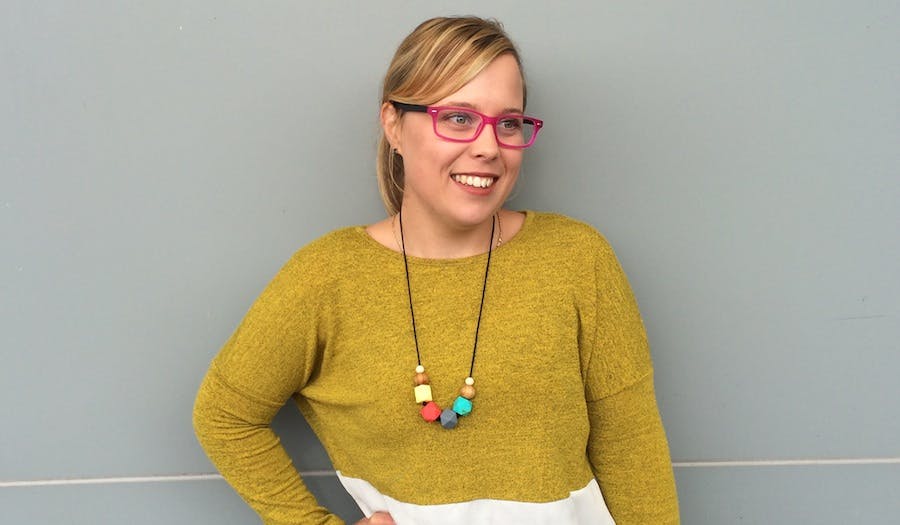The Nanny industry isn’t one that is given the spotlight often, overlooked by many when discussing entrepreneurs and business movers. Hope Skinner noticed this, and decided to take action.
Working double-shifts at hotels and restaurants while studying towards a Bachelor of Business and Hospitality understandably took a toll on Hope, eventually pushing her to revisit an area of work she had enjoyed previously.
“It was quite a stressful and somewhat draining working environment, and one in which I felt I stifled my creative and entrepreneurial nature. I had experience babysitting and tutoring children, so I made the jump into nannying for a ‘time-out’ of sorts. I wanted in on the healing power and endless love that children give,” Hope tells Dynamic Business.
“I realised that nannying was very rewarding personally, and also a legitimate, dynamic and progressive profession.”
An avid writer, it wasn’t long before Hope was blogging about the sector. She started NannySheCanDo, a blog that focused on sharing information and stories to help nannies and families. Not long thereafter, the aptly named movement that is Hope For Nannies came to life.
“My passion for helping people and dream for supporting the growth of the nanny industry led me to begin Hope For Nannies. It’s a movement fostering a community of support and connectivity to nannies in what can otherwise be an isolating day-to-day career path,” Hope says.
“Nannies and mannies often work in private homes for long days. I felt there was a real need for an organisation to support the profession and inspire those working with kids to maximise their potential. Nannies need and use many skills and qualities, so we provide them with professional, educational, logistical, networking and personal support and guidance.”
Hope’s decision to back the nanny industry quickly made her a leader in the sector, a factor solidified when she launched the inaugural Australian Nanny Conference, featuring seminars and workshops to support and strengthen the country’s in-home care community.
“It’s a two-day event supporting community involvement and the transfer of knowledge – values integral to the Hope For Nannies philosophy. High calibre speakers will share their wisdom and knowledge in the fields of child care, teenage development, communication, business development, employment and taxation responsibilities, career guidance, health and wellbeing, speech and language and much more,” Hope explains.
“We are investing in the growth and development of nannies nationally and internationally. Being a nanny needs to be recognised as a legitimate, socially and culturally important and valued profession.”
Hope is adamant that nannies are an essential element of the business world, ensuring that children are being taken care of as business hours take up the time of parents around the country. Having someone reputable provide for a child’s diverse needs is an extremely enriching alternative to institutional childcare and education, Hope says, but widespread acknowledgment is still elusive.
“I believe that to date nannies have not received the recognition, support and education as professionals that the vocation deserves and needs. Past perceptions of the nanny as being just a child minder, or babysitter, are long out of date, and undermine an understanding of the vital role nannies play in the care and wellbeing of children and families in this busy working society.”
Thanks to Hope, the sector looks to be on a path to getting the recognition it deserves. Hope’s plan? Don’t stop.
“We plan to take the conference to another location next year, to keep promoting the professional growth and development opportunities internationally, to continue supporting the nanny community environment and break down the isolation barriers. I am excited that there has been so much enthusiasm and support for the conference so far and it augurs well for future conferences to continue supporting the growth and development of nannies individually and as a profession.”

